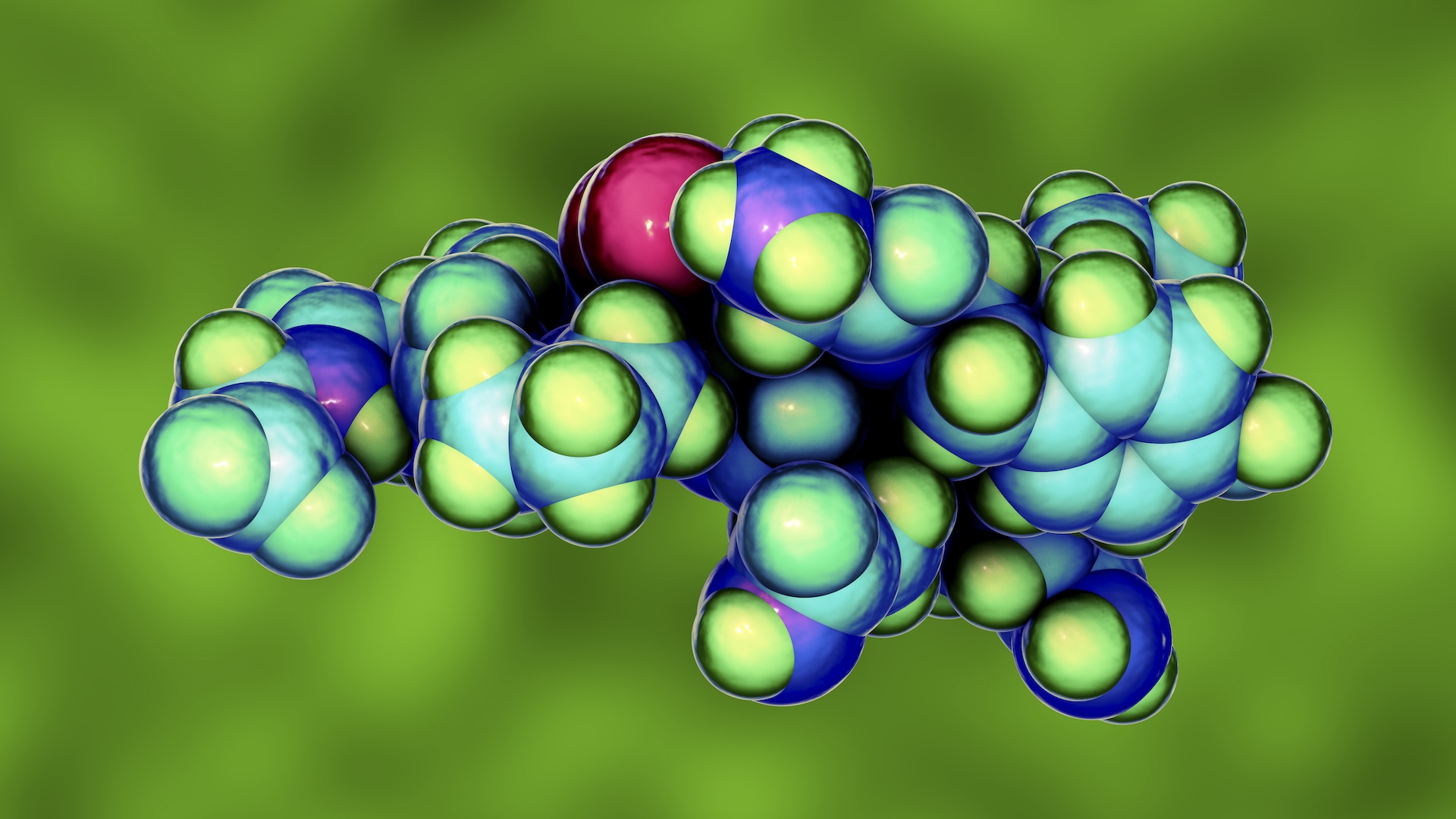Now Reading: Oxytocin May Delay Pregnancy, Animal Study Reveals
-
01
Oxytocin May Delay Pregnancy, Animal Study Reveals
Oxytocin May Delay Pregnancy, Animal Study Reveals

Speedy Summary
- Research Topic: A study found that oxytocin, a hormone involved in bonding and nursing, may trigger “diapause” – an embryonic hibernation state that delays pregnancy development.
- Key Findings:
– Oxytocin-induced diapause was observed in mice. In nursing mouse mothers, pregnancies were delayed by about a week.
– Experimental studies confirmed oxytocin’s role through techniques like optogenetics and lab-dish treatments. Embryos slowed gene translation into proteins during this state.
– Oxytocin receptors are vital for embryo survival during diapause. Survival rates dropped significantly when these receptors were inactivated (11% vs. 42% survival).
- Potential Applications: Insights from this research may help understand early miscarriages and design fertility treatments or improve understanding of cell survival more broadly.
- Published Report: March 5 study published in Science Advances.
!Oxytocin molecule rendering
Image Credit: KATERYNA KON/SCIENCE PHOTO LIBARY via getty Images
Indian Opinion Analysis
This groundbreaking research on oxytocin’s ability to pause pregnancies has intriguing implications for India, notably given its widespread reproductive health challenges.Diapause-like mechanisms could offer insights into reducing miscarriage rates or improving assisted reproduction (IVF), which is increasingly sought after amidst rising infertility cases across urban india.India’s healthcare system stands to benefit immensely from enhanced scientific understanding of embryonic development-leading potentially to both preventive measures against miscarriages and more targeted fertility solutions for aspiring parents. Additionally, findings related to cellular resilience might impact broader medical fields such as neuroscience or cancer research.
While much remains unanswered about how diapause works in humans, supporting global innovation on topics like these aligns well with India’s long-term goals toward improving maternal health outcomes through science-backed insights.





















